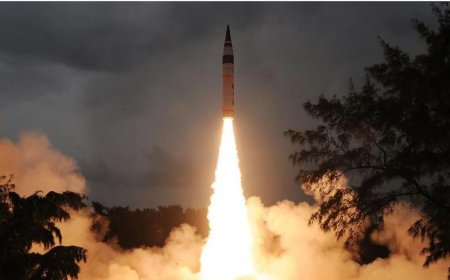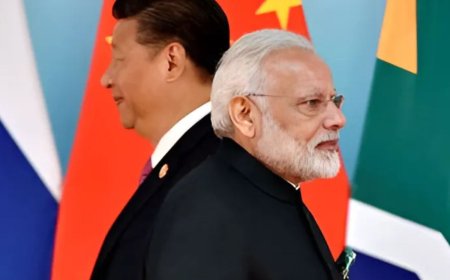Russia targets Ukrainian recruitment centers in bid to disrupt mobilization
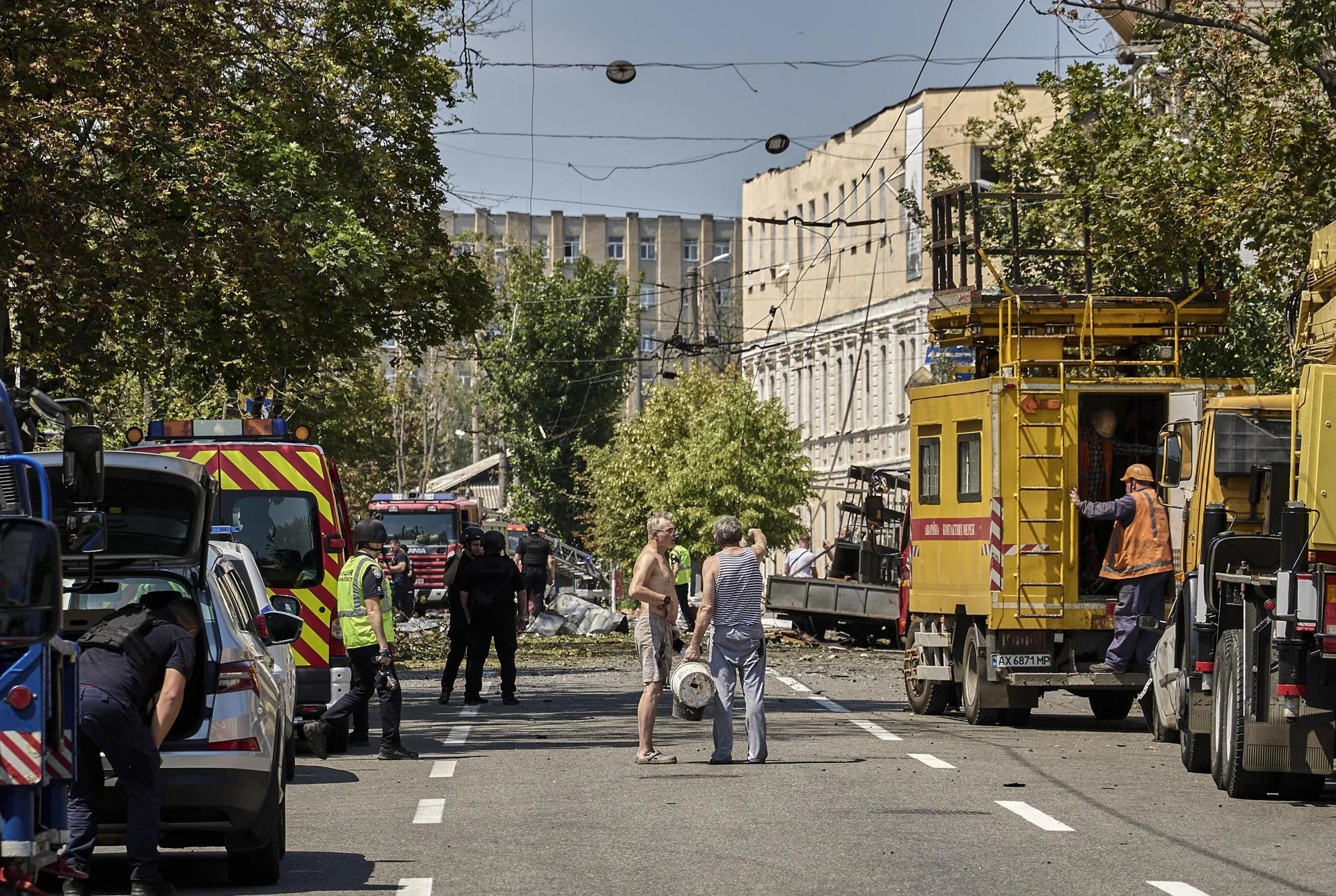
Kharkiv, Ukraine (EFE).- Russia has stepped up its campaign to hinder Ukraine’s military mobilization by launching targeted drone strikes on army recruitment centers across the country. Despite mounting internal criticism of the mobilization process, Ukraine continues to enlist up to 27,000 new soldiers each month.
On Monday, a drone strike severely damaged a recruitment office in the densely populated Holodnohirskyi district of Kharkiv, also hitting nearby civilian buildings.
The Ukrainian military reported a similar attack on an area near a recruitment facility in Zaporizhzhia.
Russia’s Ministry of Defense acknowledged the strikes on Monday, stating they had deliberately targeted Ukrainian military enlistment offices.
The attacks are part of a series of recent strikes on recruitment centers in Kryvyi Rih, Poltava, and Kremenchuk, according to Ukrainian officials.
“These strikes are intended to disrupt our ongoing mobilization,” said Vitaliy Sarantsev, spokesperson for the Ukrainian Land Forces, in comments to RBC-Ukraine on Sunday.

Civilian areas under fire
Many recruitment offices are located in urban centers, increasing the risk to civilians.
Unlike typical overnight drone strikes, the attack in Kharkiv carried out with six Iranian-designed Shahed drones, occurred at 10:00 am local time, during peak daytime activity.
Yevgenia Kyrychenko, who owns a furniture shop across the street from the Kharkiv enlistment office, was with a customer when the first explosion hit. A falling wardrobe shielded her from shrapnel. She escaped with only a minor leg injury from shattered glass.

“It’s a miracle I wasn’t seriously hurt, but 22 years of work are gone,” Kyrychenko told reporters, including EFE, while standing amid debris as emergency services responded.
Local authorities reported that the Kharkiv strike killed a 34-year-old woman and injured at least 33 people.
In Poltava, a similar drone attack left two people dead, including a recently discharged army veteran, and injured more than 50.
Targeting mobilization morale
Military analyst Oleksandr Kovalenko, from the Information Resistance Group, said the strikes aim to discourage enlistment and amplify dissatisfaction with Ukraine’s conscription process.
Avoiding enlistment has become common in Ukraine, with many men staying indoors to evade military service.
Police and military units conduct routine checks in public spaces, detaining eligible men lacking updated documents or exemptions. Rights groups have raised concerns about reports of force being used during conscription efforts.

“Most Ukrainians understand that mobilization is necessary for a war of this scale, but they demand fairness and respect for their rights,” said Anton Hrushetskyi, director of the Kyiv International Institute of Sociology, in an interview with EFE.
Kovalenko added that Russia has been exaggerating and spreading stories of abuse online to undermine domestic support for mobilization.
Despite those efforts, Ukraine still recruits about 27,000 soldiers monthly, President Volodymyr Zelenskyy said in a June interview with Válasz Online, a Hungarian news outlet.
Ceasing mobilization was one of Russia’s demands in a proposed 30-day ceasefire agreement, which Ukraine ultimately rejected.
Digital and decentralized resilience
Though the strikes have damaged equipment and data systems at some recruitment offices, Ukrainian officials say that digitization efforts are reducing vulnerability.
A mobile application allows citizens to update personal information or apply for exemptions remotely. A recently implemented electronic register also stores military data for all eligible Ukrainians.

Recruitment offices in Lviv and Vinnytsia are exploring decentralization and increased security, local media report.
Meanwhile, many Ukrainian military units have launched their recruitment campaigns, with volunteer banners visible in cities like Kharkiv.
Despite continued threats, analysts including Kovalenko argue that Russia’s strikes are unlikely to significantly derail Ukraine’s mobilization strategy. EFE
ra/seo
By Rostyslav Averchuk
Kharkiv, Ukraine (EFE).- Russia has stepped up its campaign to hinder Ukraine’s military mobilization by launching targeted drone strikes on army recruitment centers across the country. Despite mounting internal criticism of the mobilization process, Ukraine continues to enlist up to 27,000 new soldiers each month.
On Monday, a drone strike severely damaged a recruitment office in the densely populated Holodnohirskyi district of Kharkiv, also hitting nearby civilian buildings.
The Ukrainian military reported a similar attack on an area near a recruitment facility in Zaporizhzhia.
Russia’s Ministry of Defense acknowledged the strikes on Monday, stating they had deliberately targeted Ukrainian military enlistment offices.
The attacks are part of a series of recent strikes on recruitment centers in Kryvyi Rih, Poltava, and Kremenchuk, according to Ukrainian officials.
“These strikes are intended to disrupt our ongoing mobilization,” said Vitaliy Sarantsev, spokesperson for the Ukrainian Land Forces, in comments to RBC-Ukraine on Sunday.

Civilian areas under fire
Many recruitment offices are located in urban centers, increasing the risk to civilians.
Unlike typical overnight drone strikes, the attack in Kharkiv carried out with six Iranian-designed Shahed drones, occurred at 10:00 am local time, during peak daytime activity.
Yevgenia Kyrychenko, who owns a furniture shop across the street from the Kharkiv enlistment office, was with a customer when the first explosion hit. A falling wardrobe shielded her from shrapnel. She escaped with only a minor leg injury from shattered glass.

“It’s a miracle I wasn’t seriously hurt, but 22 years of work are gone,” Kyrychenko told reporters, including EFE, while standing amid debris as emergency services responded.
Local authorities reported that the Kharkiv strike killed a 34-year-old woman and injured at least 33 people.
In Poltava, a similar drone attack left two people dead, including a recently discharged army veteran, and injured more than 50.
Targeting mobilization morale
Military analyst Oleksandr Kovalenko, from the Information Resistance Group, said the strikes aim to discourage enlistment and amplify dissatisfaction with Ukraine’s conscription process.
Avoiding enlistment has become common in Ukraine, with many men staying indoors to evade military service.
Police and military units conduct routine checks in public spaces, detaining eligible men lacking updated documents or exemptions. Rights groups have raised concerns about reports of force being used during conscription efforts.

“Most Ukrainians understand that mobilization is necessary for a war of this scale, but they demand fairness and respect for their rights,” said Anton Hrushetskyi, director of the Kyiv International Institute of Sociology, in an interview with EFE.
Kovalenko added that Russia has been exaggerating and spreading stories of abuse online to undermine domestic support for mobilization.
Despite those efforts, Ukraine still recruits about 27,000 soldiers monthly, President Volodymyr Zelenskyy said in a June interview with Válasz Online, a Hungarian news outlet.
Ceasing mobilization was one of Russia’s demands in a proposed 30-day ceasefire agreement, which Ukraine ultimately rejected.
Digital and decentralized resilience
Though the strikes have damaged equipment and data systems at some recruitment offices, Ukrainian officials say that digitization efforts are reducing vulnerability.
A mobile application allows citizens to update personal information or apply for exemptions remotely. A recently implemented electronic register also stores military data for all eligible Ukrainians.

Recruitment offices in Lviv and Vinnytsia are exploring decentralization and increased security, local media report.
Meanwhile, many Ukrainian military units have launched their recruitment campaigns, with volunteer banners visible in cities like Kharkiv.
Despite continued threats, analysts including Kovalenko argue that Russia’s strikes are unlikely to significantly derail Ukraine’s mobilization strategy. EFE
ra/seo
By Rostyslav Averchuk








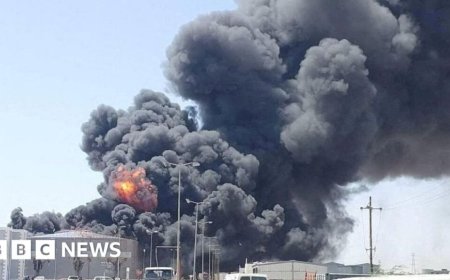
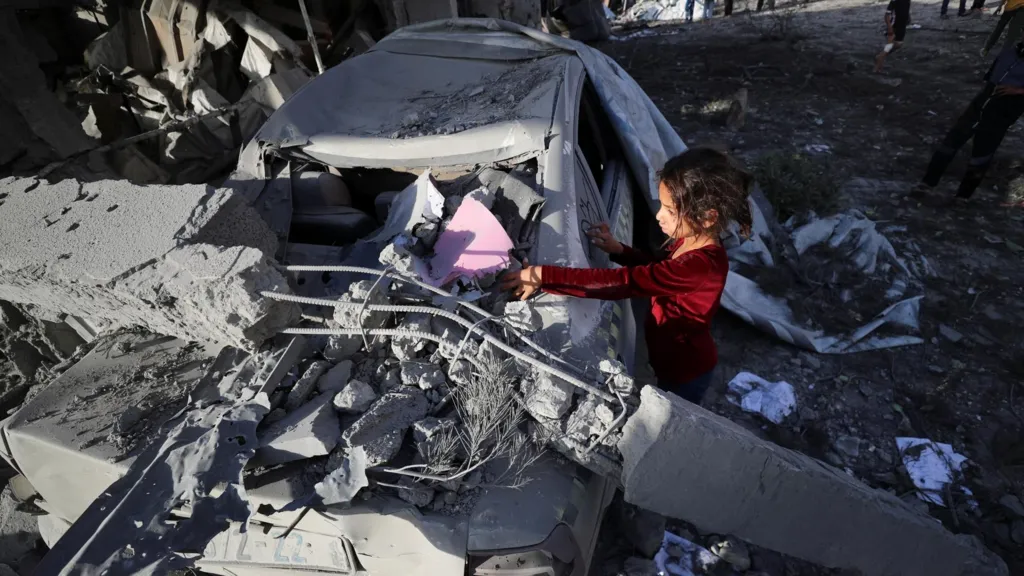

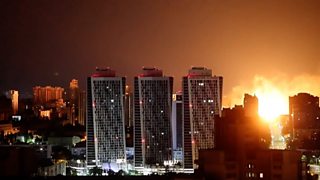

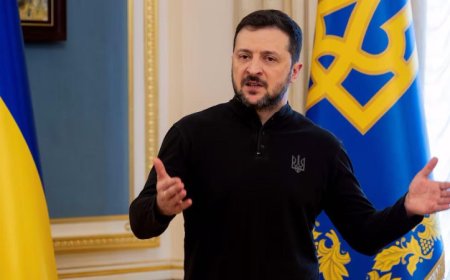



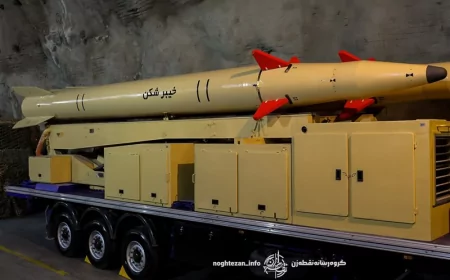





























:format(webp)/cdn.vox-cdn.com/uploads/chorus_image/image/73776247/1227541383.0.png)























